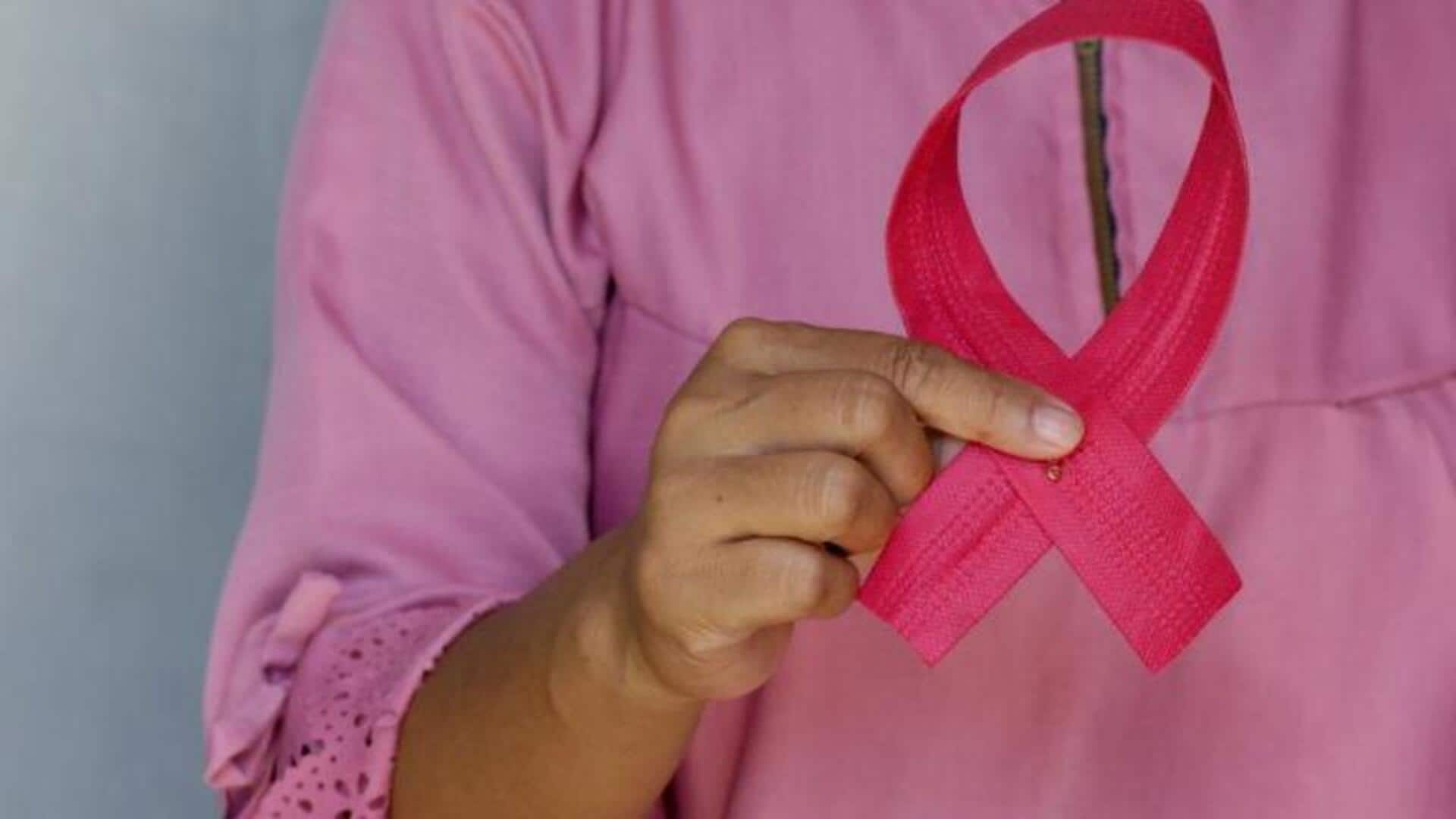
New blood test predicts breast cancer recurrence years before symptoms
What's the story
Despite advancements in treatment, diseases like breast cancer often return, usually at a more advanced stage. A groundbreaking blood test has been developed that can predict the risk of breast cancer recurrence up to three years before any tumors become visible on scans. The research was presented at the American Society of Clinical Oncology annual meeting in Chicago. This innovative test, described as "incredibly exciting," could potentially help more women permanently overcome breast cancer, which affects over two million annually.
Research findings
Personalized liquid biopsy for early detection
The test demonstrated that a personalized liquid biopsy could provide an early warning sign of cancer recurrence. The test works by detecting minuscule amounts of cancer DNA in the bloodstream and can precisely predict the risk of cancer recurrence months or even years before symptoms begin to appear. Simon Vincent, director of research at Breast Cancer Now, stated, "Early detection is one of our greatest weapons against breast cancer and these initial findings... are incredibly exciting."
Scientific explanation
Test identifies circulating tumor DNA
The ultra-sensitive liquid biopsy identifies circulating tumor DNA (ctDNA) released into the bloodstream by cancer cells. Isaac Garcia-Murillas, lead author of the study at the Institute of Cancer Research (ICR) in London, explained. "Breast cancer cells can remain in the body after surgery and other treatments, but there can be so few of these cells that they are undetectable on follow-up scans." These cells can cause patients to relapse many years after their initial treatment, said Garcia-Murillas.
Trial results
More sensitive and accurate in predicting recurrence
The new test uses whole genome sequencing and searches for 1,800 mutations, which ultimately makes it much more sensitive than previous tests. Researchers analyzed blood from 78 patients with different types of breast cancer. The test correctly identified a high risk of recurrence in all 11 patients who relapsed during the five-year trial. All 60 women in whom the test did not find ctDNA did not relapse, meaning there were no false negatives.
Future implications
Early detection could improve survival rates
Prof Kristian Helin, the ICR's chief executive, emphasized the importance of early detection: "Breast cancer is much easier to treat before it spreads to other parts of the body, so it is vital to be able to detect signs of recurrence as early as possible to give people the best chance of survival." The hope is that these findings will lead to a strategy where treatment can be started much earlier, potentially improving survival rates for patients with breast cancer.